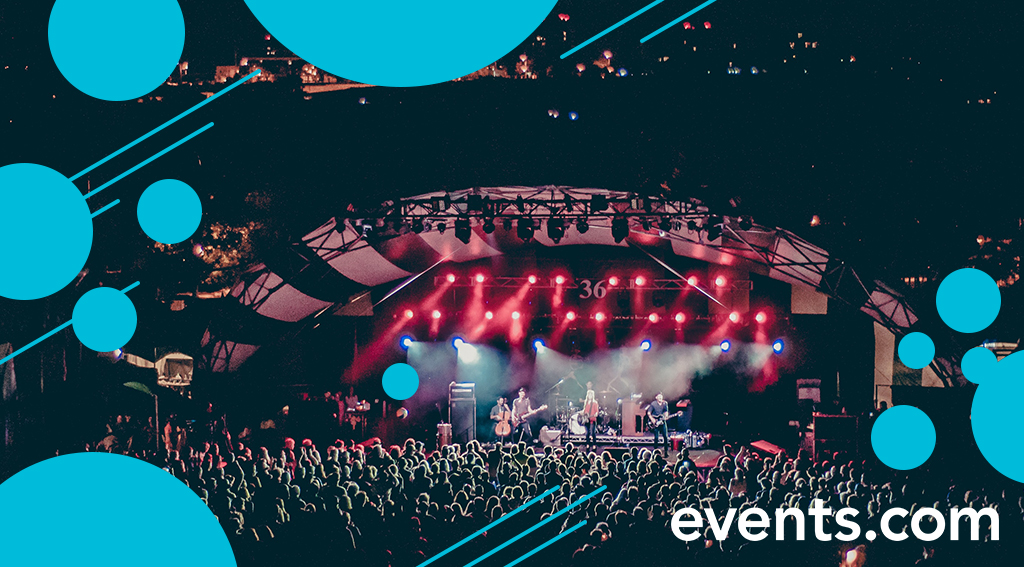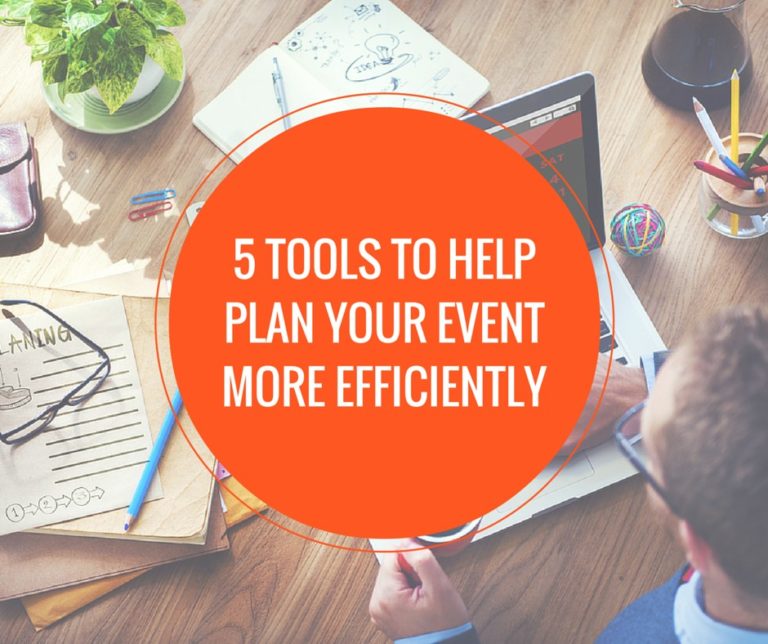Hosting a truly memorable event is the dream of every event organizer. However, it’s not always an easy task. The event planning process consists of many crucial steps that can influence your success.
Choosing a venue is one of the first decisions to make. It’s also one of the most important, as it sets the mood for the whole event.
In this article, we’ll take a look at what to consider when choosing a venue. Read on to learn how factors like venue size, parking spaces, and audio-visual services can affect your guests’ experience.
Why Your Event Venue Matters
The type of venue you choose for your event dictates almost every other detail. The venue is the basis you build on during the planning process, as its capacity limit, location, and accessibility determine the list of guests you can invite.
Your attendees’ impressions depend heavily on the layout, size, acoustics, and equipment of the place. You need to make sure that the venue, and the amenities it offers, fits the mood of the event and the experience you’re trying to create for your guests.
Booking a place that doesn’t have enough room to move around comfortably or doesn’t suit your audience’s age group can result in guests not showing up or leaving early. Every small detail counts when it comes to providing a first-rate overall experience.
Things to Consider When Choosing a Venue for an Event
There are many different factors you should consider when choosing a venue for an event. We’ve broken down the most important ones to help make assessing venues easier.
Prioritize Staying Within Your Event Budget When Finding a Venue
A great starting point for venue finding is thinking about your budget. First, try to define the goals you aim to achieve. Then research average event costs by reaching out to vendors and other event planners, or by analyzing past events.
Take into account the estimated cost of all the equipment, services, and venue staff you’ll need. You may find that a more expensive venue comes out as the best option. For example, a conference center that offers professional equipment for your next live stream may charge more than a simple studio without equipment. However, you won’t have to rent cameras, speakers, and decorations separately, which can result in lower total costs.
Find a Venue That Has the Right Capacity for the Number of Expected Attendees
Considering capacity limits is essential when you want to find a venue for an event. Booking a venue without enough space for your guests affects their experience of the day and might cause safety issues.
The number of attendees you can host depends on the type of event you want to organize. While festival and race attendees generally expect to be a bit crowded, guests need much more personal space at a classical concert, fitness challenge, or exhibition.
Unless you’re hosting a smaller or closed event, it can be challenging to guess the exact number of attendees. In these cases, you can take advantage of a smart ticketing system or an event registration form to get a close estimate.
Another solution is to look for outdoor venues as these can host more people for a cheaper price. However, you need to make sure that your venue is in a distraction-free zone without safety risks. It’s a good idea to prepare for unexpected weather conditions as well.
Consider the Layout and Size of the Event Space
The layout and the size of the event are decisive factors when it comes to your guests’ first impression and overall experience. The ideal layout should support the mood you want to create and reflect the characteristics of your audience.
While an elegant conference center with modest decorations can be a great option for a classical music concert, attendees of a guided meditation class might prefer a cozy yoga studio with mandalas all over the walls instead. You should look for places that either already fit the personality and preferences of your guests or are neutral enough for you to decorate according to your expectations.
Finding a venue that has the right capacity limits is important, but an event space that is too large can also ruin your guests’ experience. When a room has too much empty space, people are less likely to connect with each other or the event, and might get bored more easily. Larger venues usually cost more, so it’s also an unnecessary expense.
Check the Acoustics of the Venue
Checking the acoustics of the place might seem obvious when you’re organizing a concert or a festival. However, events with speakers or soft background music require suitable venues too.
The shape of the venue is crucial when it comes to great acoustics. Theaters, concert halls, and stadiums are usually designed to fit musical performances. If you don’t have the budget or don’t want to book a space conceptualized like this, you still have some options.
Aim to find a venue that has professional audio equipment and sound-absorbing panels. You can also play around with the position and angle of your speakers to get the best sound for the space.
Ensure the Venue Has the Right Equipment for Your Type of Event
Some venues don’t require special equipment other than some nice decorations. However, in the majority of cases, you’ll need at least some cameras, speakers, or chairs.
Opting for venues that include all the right equipment you need is a great way to cut down on costs and save yourself from additional work. If you only need a few yoga mats or some tables, it might not be worth it to narrow your search to venue selections with these types of equipment. However, if your event requires heavy things that are hard to carry around, like a big stage or a piano, you should definitely consider browsing through venues with the right equipment already included.
Think Ahead About Parking for Guests
The success of your event can seriously depend on how hard it is for guests to get to your venue. While distance and available parking spaces are usually not much of an obstacle when it comes to a concert with a much-awaited performer, for other types of events they can make all the difference.
Hesitant attendees might get discouraged if your event isn’t within a reasonable distance and has no parking options available. Unless it’s a small local event, you need to make sure all your guests will be able to park their cars nearby.
Ensure That Your Venue Meets Accessibility Requirements
A successful event is fully accessible to every attendee. Fortunately, many venues advertise themselves as such. If you’re not sure whether the venue you like meets all the necessary accessibility requirements, you might want to test it yourself.
During a site visit, wear ear plugs and eye patches and use a mobility device to see how the venue performs. Make sure that the event space has access to elevators if it’s not on the first floor, and that all rooms are accessible with a wheelchair.
Make Sure Guests Have Access To a Strong Wi-Fi Connection
A strong Wi-Fi connection is essential in today’s digital world. Besides your guests wanting to communicate with their friends throughout the day, they might also want to share photos and videos of the event.
Just like with the accessibility requirements, the easiest way to ensure that your venue has a strong Wi-Fi connection is to try it out yourself. Bring different kinds of devices with you and attempt to initiate a video call, use social media, and download a file or an app. You can also make use of a quick internet speed test online. Make sure that your internet connection remains stable in the whole area.
Look Into Additional Services and Amenities Venues Offer
Besides the most necessary features, many venues offer additional services and amenities that may influence your decision. Some venues come with nice decorations like flowers and tablecloths that can make your event cozier. Others provide professional catering for an affordable price.
Opting for event spaces that include additional services and amenities might help you lower your costs, as these tend to be cheaper solutions than booking or purchasing services and amenities separately. The downside is that this leaves less room for personalization.
Your Software Solution for Ensuring a Smooth Event From Start to Finish
Whether you’re planning a multi-day event for fitness coaches or a cheerful pop-up event, you need a venue that fits your preferences. While choosing a venue can be a hassle, the real challenges of event planning only start after you booked your event space.
To provide a satisfying experience, you need to make sure that things run smoothly — from start to finish. Events.com is here to help you manage registrations, ticketing, payments, and more with the latest event technology. Set up an event in minutes to see how Events.com can elevate the event experience for both you and your attendees.




